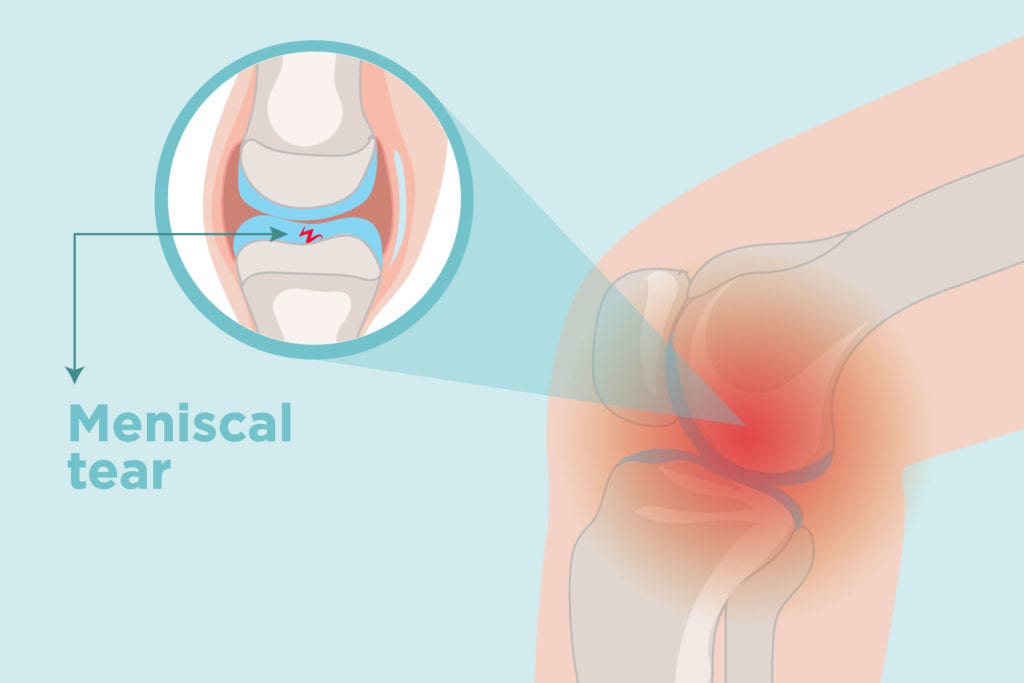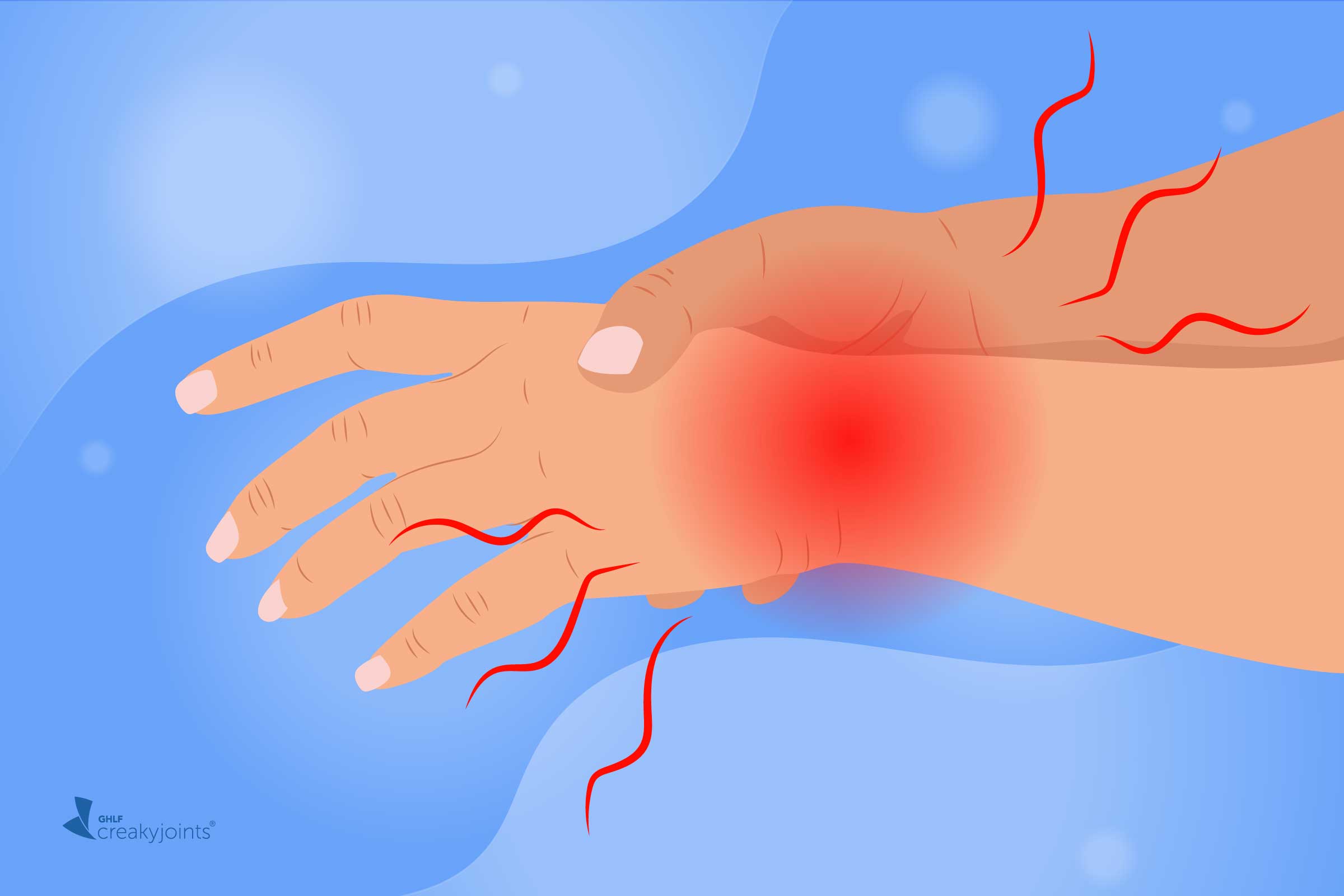

Tearing the meniscus — a piece of cartilage that cushions the knee joint — is unfortunately pretty easy to do. It’s one of the most common knee injuries, and there are many reasons it happens. Turning the wrong way while playing sports or even stepping or falling onto an uneven surface often causes this injury.
And simply having osteoarthritis (OA) of the knee puts you at risk because OA causes the cartilage in this joint to deteriorate.
Sometimes at-home measures (like icing the joint and taking over-the-counter anti-inflammatory medication) work well enough to treat a torn meniscus, but not always. That’s when physical therapy or surgery to repair the rupture are in order. While physical therapy is generally very safe, surgery carries a possible risk of complications like infections, nerve damage, and blood clots. Is it worth the risk?
According to a new study, presented at the 2018 American College of Rheumatology/Association of Rheumatology Health Professionals (ACR/ARHP) Annual Meeting in Chicago, the answer may be no.
The study, conducted by researchers at Brigham and Women’s Hospital and Harvard Medical School in Boston, followed 351 patients who had a meniscal tear as well as signs of OA on an X-ray or MRI. They randomly assigned one group to physical therapy, one to surgery (arthroscopic partial meniscectomy), and a third group to physical therapy followed by surgery.
Five years later, reports of pain were very similar in each of the three groups. “These results suggest that patients with meniscal tear and osteoarthritic changes can be reassured that they are likely to experience improvement with either surgery or [physical therapy],” study coauthor Jeffrey N. Katz, MD, MSc, told the American College of Rheumatology in a press release.
Another possible reason to skip surgery for a torn meniscus, or at least delay it: The study also found that participants were more likely to end up having a total knee replacement if they had been randomized to one of the meniscal tear surgery groups. Whether having the initial surgery somehow sped up the progression of OA is not known.
Of course, there are some caveats, namely that this study focused on pain relief. The authors did not measure improvements in range of motion or overall use of the joint. It’s also unclear what might happen beyond the five-year mark. That said, unless your meniscus injury is very severe, there seems to be little harm (and perhaps many benefits) to trying physical therapy before surgery.
Learn About More Rheumatology Research Breakthroughs
Follow our latest ACR meeting coverage to read about the research findings that could affect your treatment, lifestyle, and overall health.
Get Involved with Patient-Centered Arthritis Research
If you are diagnosed with osteoarthritis or another musculoskeletal health condition, we encourage you to participate in future studies by joining CreakyJoints’ patient research registry, ArthritisPower. ArthritisPower is the first ever patient-led, patient-centered research registry for joint, bone, and inflammatory skin conditions. You can use ArthritisPower to track your disease symptoms, share patterns with your doctor, and participate in voluntary research studies. Learn more here.





